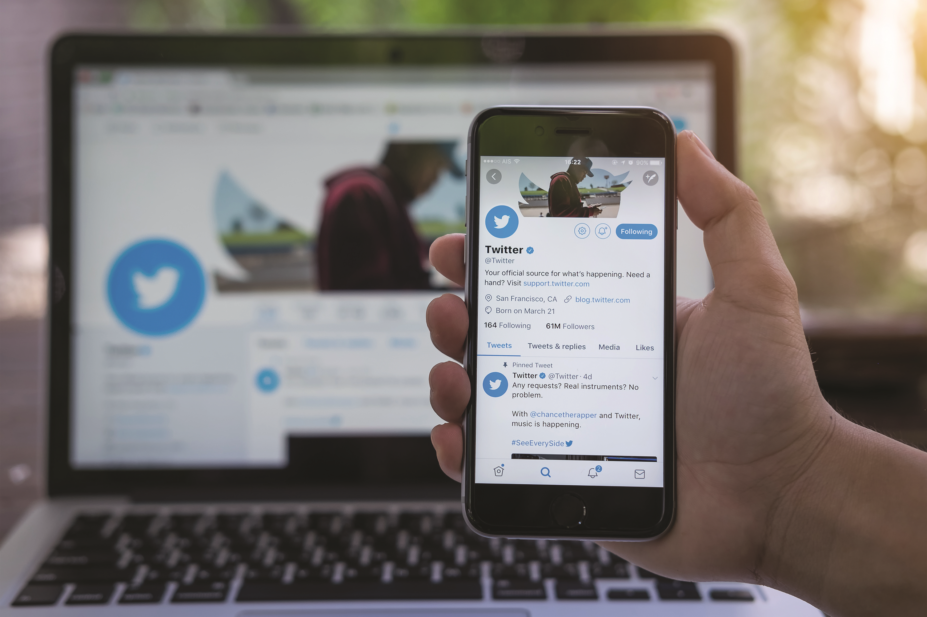
Shutterstock.com
The social network site Twitter has the potential to be a valuable source of drug safety information, according to new research carried out by the University of Manchester[1]
.
Tweets can reveal which drug side effects patients are discussing the most with online conversations usually driven by the impact the product has on their quality of life, researchers wrote in the journal npj Digital Medicine.
They said: “This information [Tweets] could help clinicians to inform patients about frequent and relevant non-serious side effects as well as more serious side effects.
“Using glucocorticoids as an example, we have demonstrated that Twitter can be a potentially useful, supplementary source for post-marketing pharmacovigilance.”
The researchers came to this conclusion after searching Twitter for the number of Tweets mentioning an adverse drug reaction involving glucocorticoid drugs — typically prescribed for the treatment of inflammatory disease.
They compared the number of unofficial drug reactions mentioned on Twitter with the actual official drug-related adverse events reported to the UK’s Yellow Card system run by the Medicines and Healthcare products Regulatory Agency (MHRA).
Researchers discovered that non-serious adverse events were proportionally over-reported on Twitter when compared with the spontaneous reports recorded via the Yellow Card system. Between 2012 and 2015 there were 20,210 glucocorticoid-related adverse event Tweets compared with 3,022 adverse events logged through the Yellow Card system during the same period.
The most reported side effects reported via Twitter — which were “common but not serious” — were insomnia and weight increase.
The researchers wrote: “Twitter is only one of many possible sources of social media data where patients and the public discuss medication and side effects, others being Facebook, Reddit, and dedicated online health social media platforms and patient forums such as HealthUnlocked.com.
“Twitter offers a high volume of data from a wide demographic and prompts users to tweet their experiences,” they concluded.
References
[1] Patel R, Belousov M, Jani M et al. Frequent discussion of insomnia and weight gain with glucocorticoid therapy: an analysis of Twitter posts. npj Digital Med 2017;1:7. doi: 10.1038/s41746-017-0007-z

